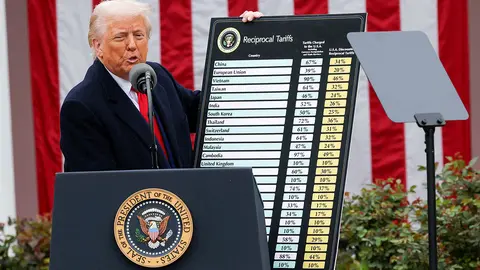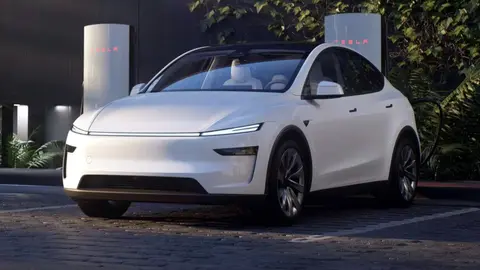Morocco, the alternative for Asian industry to avoid tariffs
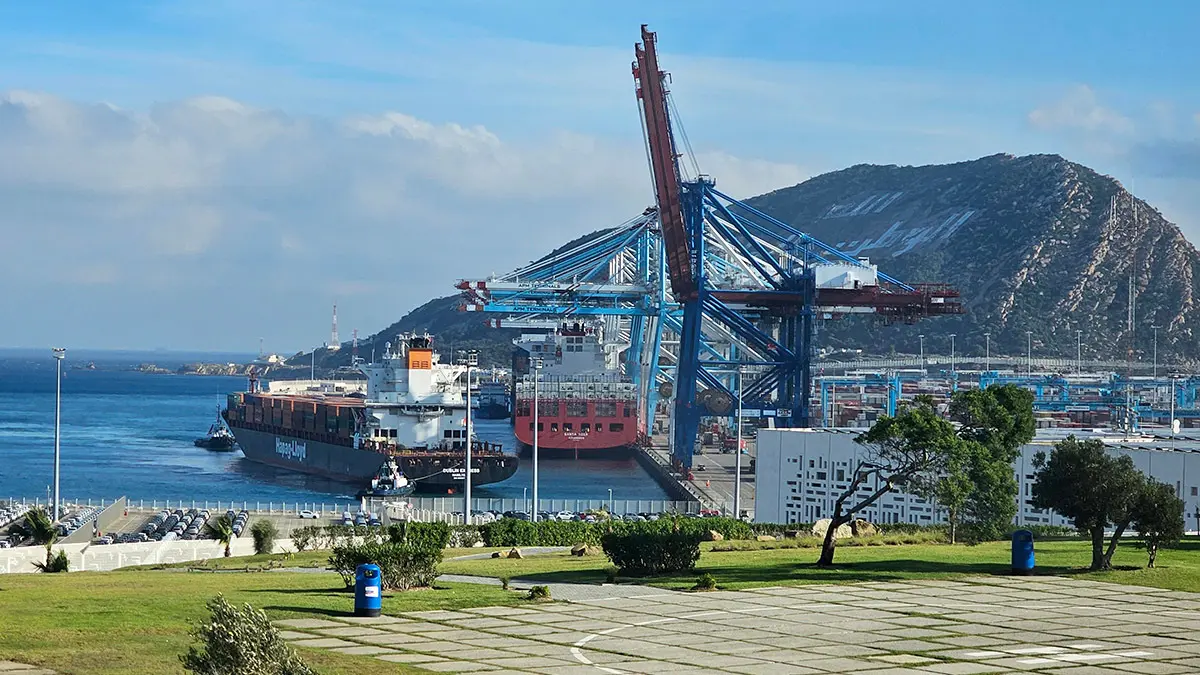
The world is mired in a trade war that is affecting countries on every continent due to the tariffs imposed by the Trump administration on the import of products from different sectors.
In this context, Morocco has the competitive advantage of enjoying a 10% tariff advantage, which places the country at the centre of interest for investors around the world, especially Asian industrial platforms, which are the most affected by the tariff war.
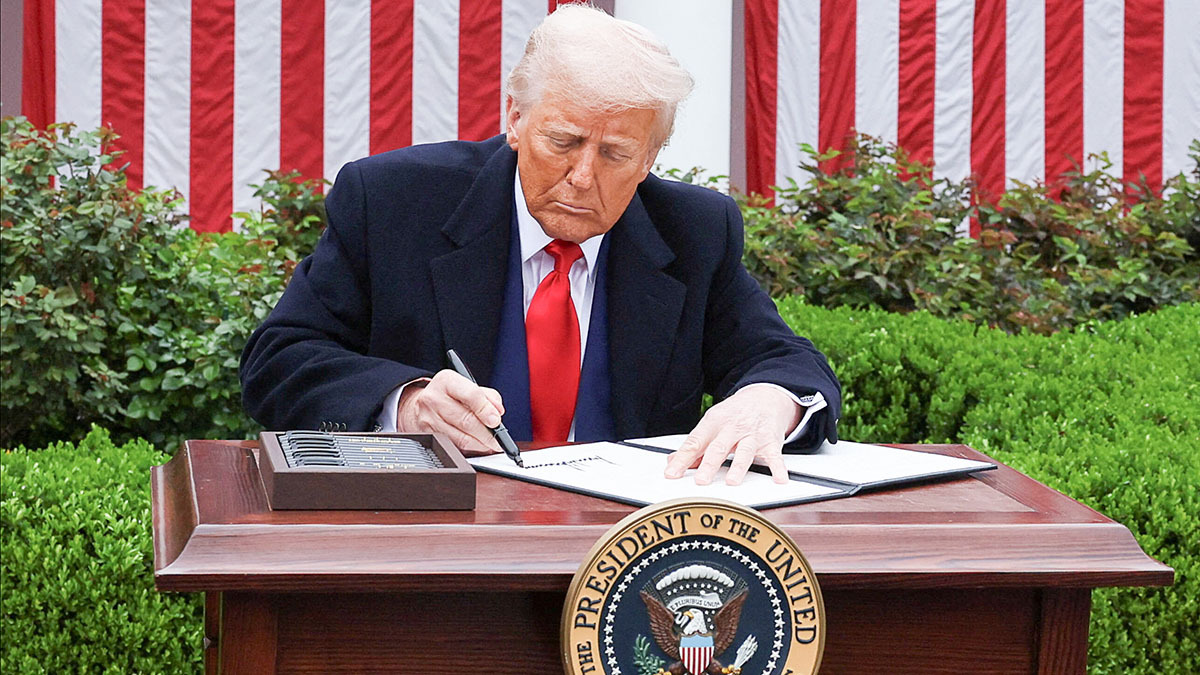
Morocco's advantages
In the midst of an uncertain trade landscape, Morocco is positioning itself as a credible alternative for Asian entrepreneurs. In this sense, the specific tariffs of 25% on the automotive sector may push some manufacturers to rethink their export bases to the United States and consider Morocco as a promising new destination for their industries.
Although the United States only represents a modest share of Moroccan exports (only 4.2% in 2024, due to its greater orientation towards the European Union), Morocco enjoys many advantages that make it a real alternative for Asian platforms that can use the country as a base for their exports to international markets:
- With its strategic geographical position, the port of Tangier Med and the mega-projects launched throughout the country, Morocco has become an attractive platform for international investors.
- It is Africa's leading car exporter and a promising industrial hub.
- It is Europe's gateway to Africa and is halfway between Asia and the Americas.
- The success of the textile and automotive sectors is proof of the capacity and experience that Morocco has accumulated, consolidating its appeal as an emerging industrial market.
- It is recognised for the quality of its textile industry, an experienced workforce and a growing human capital.
- It has a continually modernising transport system and growing connections with other continents.
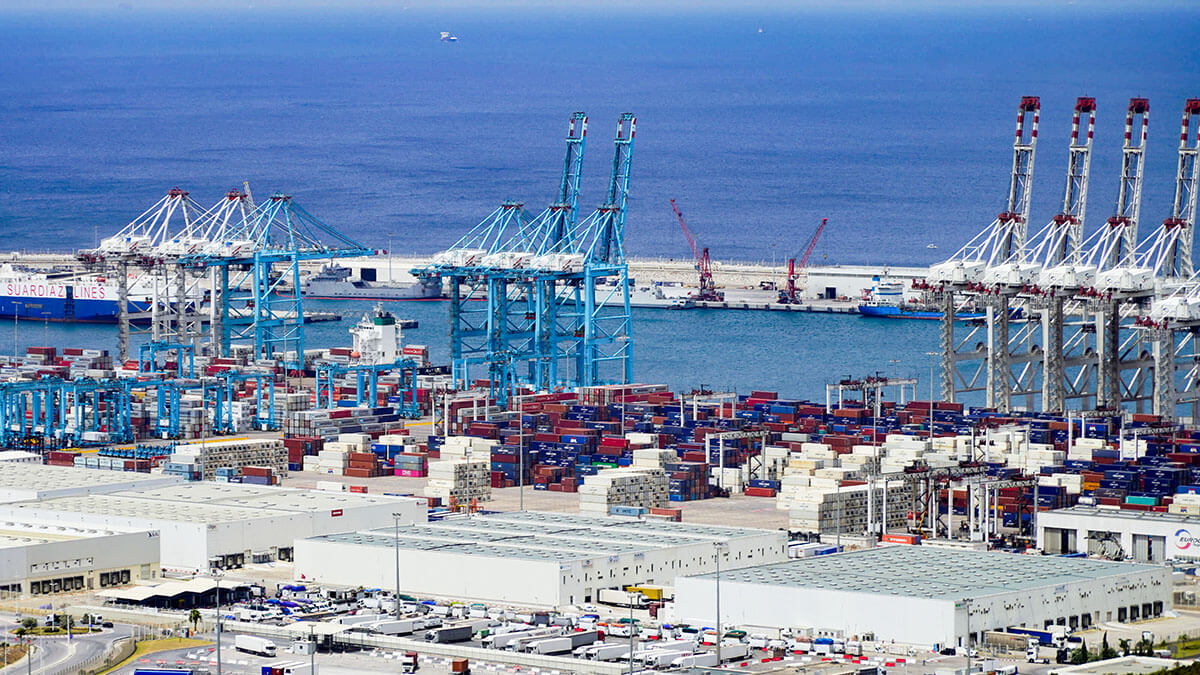
Challenges
In order to face this new challenge of presenting itself as a real alternative to the Asian platforms, Morocco has a series of tasks ahead of it:
- Ensure the stability of tariffs and duties, and increase national production capacity.
- Maintain stable labour costs, protecting favourable working conditions, as a determining factor in convincing international investors to choose Morocco as a strategic base.
- Improve connectivity and develop Moroccan industrial competences in order to integrate global value chains.
- Invest in development, innovation and research, and strengthen its position in these fields in Africa with the aim of joining the club of emerging industrial economies.

Competition with Turkey and Egypt
Morocco is evolving in an environment where it interacts with the big Asian, European and Mediterranean operators such as Turkey and Egypt, while at the African level it is positioning itself against players such as South Africa.
In this context, the country has to consolidate its competitive advantages through an industrial infrastructure supported by the different logistics platform sites.
Morocco's advantages are not limited to tariff aspects: if we compare it with Egypt and Turkey, the North African country enjoys a solid position in strategic sectors such as textiles and automotive, and other promising sectors such as renewable energy and mining. Compared to Egypt and Turkey, Morocco stands out for a number of competitive advantages, such as:
- A well-structured industrial policy, quality infrastructures and commercial strategies aimed at different niche markets.
- Diversification of industry and acceleration of the pace of industrialisation thanks to projects carried out on a national scale in terms of manufacturing, agri-food, mining and automotive industries.
- A more offensive marketing strategy to reinforce Morocco's international positioning.
- Morocco's competitiveness is underpinned by its political stability; its solid macroeconomic indicators; its management of inflation and the exchange rate; the stability of its currency; and its geographical proximity, which allows Morocco to benefit from more favourable logistical costs.
- The diversification of the national brand strategy, through the promotion of the value of Morocco or the Morocco brand beyond the European market, will enable the country to explore new markets and have greater visibility on an international scale.
- Changing customs and consumption patterns make the country more attractive, with significant natural resources and strategic mining resources that serve the development of industries and large manufacturers in various sectors.
- The country is committed to consolidating its competitiveness by building solid bridges between the business world, research and universities on its path towards innovation.
- In the competition with Egypt and Turkey, the pressure on the labour force must be taken into account: human skills must be prepared and their training and availability ensured, maintaining a competitive cost that does not slow down growth and guarantees Morocco's ability to connect to world demand and maintain its position in the midst of increasingly strong regional and international competition

